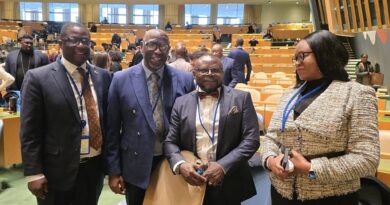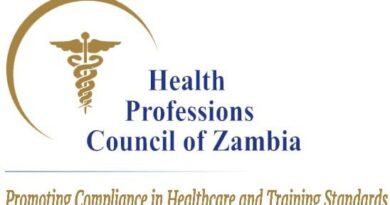UN Warns of Fragile Global Economy Amid Rising Trade Tensions
The United Nations has raised alarms over the fragile state of the global economy as escalating trade tensions and growing policy uncertainties threaten to derail growth worldwide.
In its latest report, the UN Department of Economic and Social Affairs (UN DESA) highlights how tariff-driven price pressures are exacerbating inflation risks, with trade-dependent economies particularly vulnerable to disruption.
The report warns that rising tariffs and shifting trade policies risk breaking global supply chains, increasing production costs, and delaying critical investments—factors that could slow economic recovery.
The slowdown is widespread, impacting both developed and developing nations. In the United States, growth is expected to slow significantly due to higher tariffs and uncertain policies dampening private investment and consumer spending. Major developing economies such as Brazil and Mexico have also seen downward revisions in their growth forecasts.
China’s economy is projected to grow by 4.6% in 2025, down from 5.0% last year. The report attributes this to weaker consumer confidence, manufacturing disruptions, and ongoing problems in the property sector.
Despite a global easing of headline inflation from 2023 to 2024, inflation remains a serious concern. By early 2025, two-thirds of countries worldwide experienced inflation above pre-pandemic levels, with more than 20 developing countries facing double-digit inflation. Food inflation is especially high in Africa, South, and Western Asia, disproportionately affecting low-income households.
UN Under-Secretary-General Li Junhua warned, “The tariff shock risks hitting vulnerable developing countries hard.” The report emphasizes that rising trade barriers and climate-related shocks are driving inflation higher and calls for coordinated international policies to stabilize prices and protect the most vulnerable populations.
Central banks face a difficult balancing act between controlling inflation and supporting slowing economies, while many developing countries struggle with limited fiscal space to respond effectively.
The UN report stresses that without urgent action, this fragile economic outlook threatens progress in job creation, poverty reduction, and inequality efforts in developing nations.



